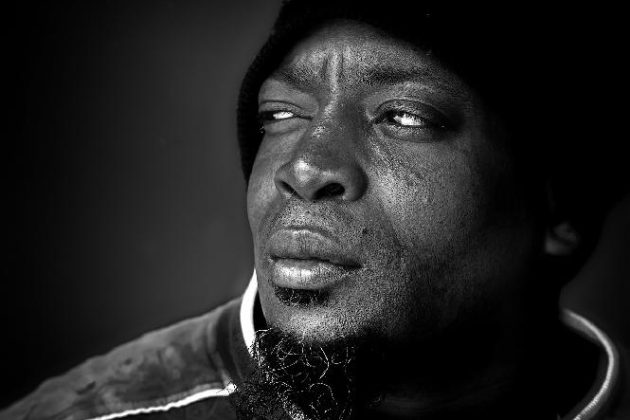Erection: Physiology of Male Penile Erection

Erection is a term used to describe the natural physiological process of a male’s penis becoming enlarged, firm, and erect. During erection, the penis fills with blood and becomes turgid, or swollen and hard, due to regulation of the flow of blood in the tissues. This physiological process of male penile erection occurs in response to various physical or psychological stimuli, including sexual arousal, usually as a result of sexual stimulation.
There are numerous biological factors and processes involved in the physiological mechanism of erection. In a healthy male body, these factors and processes work together to control the flow of blood to the penis and ultimately result in an erection. To understand the science behind male penile erection more clearly, it is important to explore each individual factor and the role it plays in the overall process.
The first factor influencing penile erection is the primary nerve and blood supply to the penis. The penis is composed of a series of spongy tissues and cavernous bodies, which are supplied by the cavernosal artery and the dorsal nerve. These two components create a complex system of blood vessels and pathways along which the sexual stimulus travels and then causes the erection by either allowing or preventing the entry of blood into the penis.
The second factor is hormones. Several hormones are involved in a man’s physiology of erection, including testosterone, luteinizing hormone, and follicle-stimulating hormone. Testosterone is the main male hormone and is responsible for male physical traits. Other hormones such as luteinizing hormone and follicle-stimulating hormone also help regulate blood flow to and within the penis, thus aiding in penile erection.
The third factor influencing penile erection is the activity of the sympathetic nervous system. The sympathetic nervous system controls the nervous impulses that cause or inhibit penile erection by sending messages either along the nerves or through the hormones within the spine. These messages travel throughout the body, creating an increase or decrease in blood pressure which ultimately affects the flow of blood to the penis.
The fourth factor affecting penile erection is psychological and emotional arousal. Arousal is triggered by psychological and emotional stimulation such as sexual thoughts, fantasies, and experiences, as well as dreams and memory. This arousal causes the release of brain chemicals such as endorphins, serotonin and dopamine, which in turn cause various changes in the body such as elevated heart rate, perspiration, and increased muscle tension. This further stimulates sexual organs and organs which play a role in the erection process.
In short, erection is a natural physiological process which is controlled by a complex system of hormones, nerves, and psychological factors. By understanding the workings of this system, it is possible to manage the cultivation of erectile dysfunction and to develop treatment plans in order to rectify any deficits in achieving erection.
1girlnation.com
Frequently Asked Questions
Q. What are the biological factors involved in male penile erection?
A. The biological factors involved in male penile erection include the primary nerve and blood supply to the penis, hormones, the sympathetic nervous system, and psychological and emotional arousal.
Q. When does an erection occur?
A. An erection usually occurs in response to sexual stimulation and arousal. Physical or psychological stimuli lead to the physiological process of male penile erection when all of the associated factors, such as blood flow, hormones, and the sympathetic nervous system, are functioning properly.


